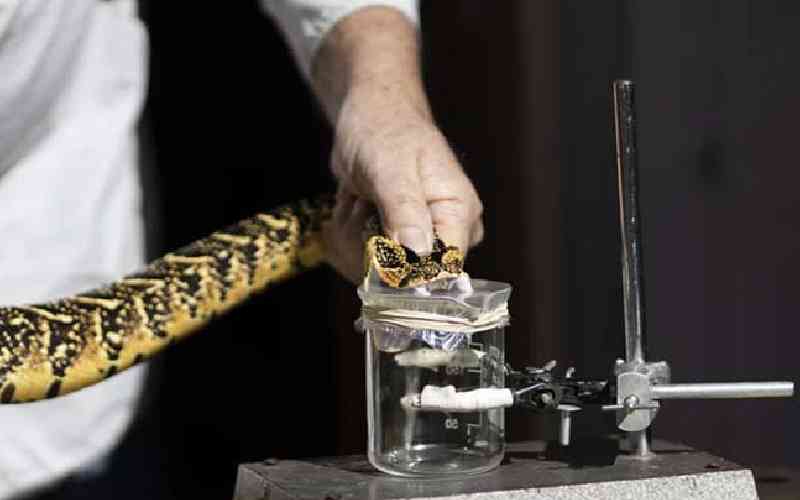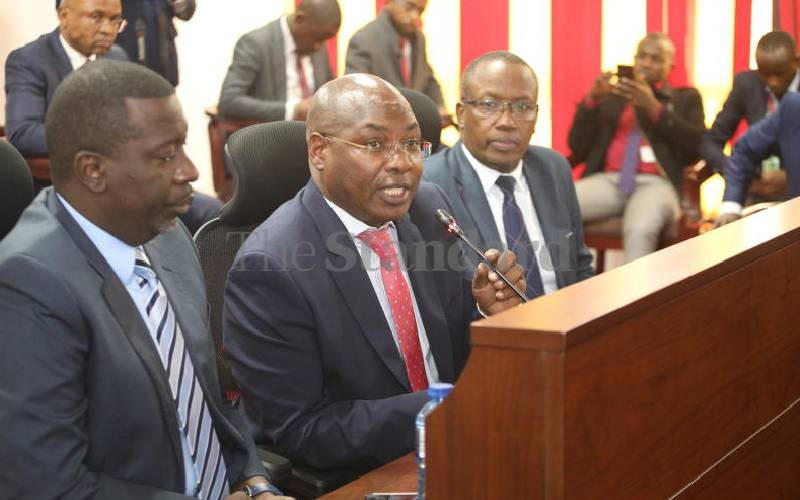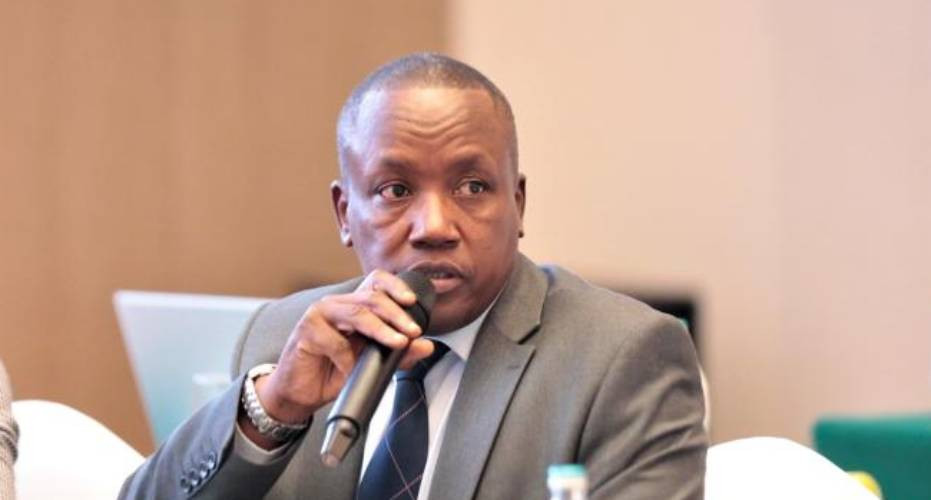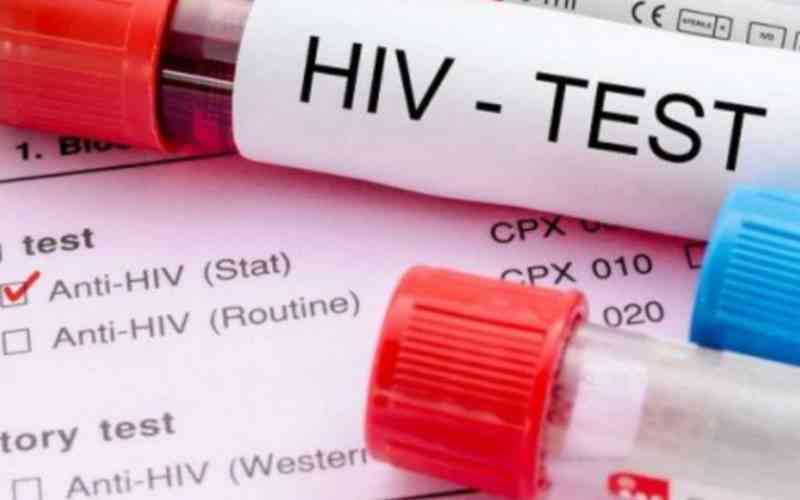
It has been a long-held adage that Kenya has a higher ratio of women to men. But this could change if the recently-released Economic Survey is anything to go by.
The report says more males are being born compared to females. In 2023, male newborns accounted for 51 per cent of all registered births, while females constituted 49 per cent. This gender imbalance resulted in a sex ratio of 104 males for every 100 females born, an increase from 103 in 2022.
The encouraging bit is that the number of adolescents who presented with pregnancy at their first ANC visit decreased by 1.9 per cent to 253.3 thousand in 2023. This is a drop from 2022’s 258,327.
Early childbearing is directly linked to high fertility rates and poses significant health risks for both mothers and babies, underscoring the need for improved access to reproductive health services and education. It also mutely bespeaks the early commencement of sexual activity involving minors. But the report doesn’t state the age bracket of the adolescents’ sexual partners.
Meanwhile, women aged between 20 and 24 years had the highest proportion of registered births in 2023 at 30.3 per cent, followed closely by those aged 25-29 years at 25.3 per cent. This age group represents the peak reproductive years for Kenyan women.
Married women accounted for the highest proportion of registered births in 2023 at 85.4 per cent, a figure relatively constant compared to 85.6 per cent in 2022. Single mothers accounted for 14.2 per cent of births, a slight increase from 13.9 per cent posted in the previous year.
The recently released Economic Survey 2024 by Kenya Bureau of statistics (KNBS) also reveals that facility births remain predominant as it sheds light on the country’s vital registration trends, revealing both progress and areas of concern regarding births and deaths.
While facility-based births remain predominant, gender disparities persist in both birth and death figures.
- Risk of new HIV infections up as teen pregnancies rise
- Use of art proves vital in curbing teen pregnancies
- Second chance for Covid-19 teen moms
- Nakhumicha banks on women leaders to end early sex, teen pregnancies
Keep Reading
The government committed to achieving universal birth and death registration by 2026 through a new digital identification system.
The survey data indicates that an overwhelming 98.6 per cent of births in 2023 were registered as having occurred in healthcare facilities, a slight decrease from 99 per cent in 2022.
However, community births edged up from 1 per cent in 2022 to 1.4 per cent in 2023.
This trend underscores the continued dominance of institutional deliveries while highlighting the need for improved access to maternal healthcare services in remote areas.
The survey data reveals a 3.5per cent decrease in the total number of registered deaths, dropping from 213,210 in 2022 to 205,731 in 2023.
However, a concerning gender disparity emerged, with 56.1 per cent of registered deaths in 2023 being male, compared to 43.9 per cent female.
The number of registered male deaths decreased from 120,357 in 2022 to 115,506 in 2023, while female deaths dropped from 92,853 to 90,221 during the same period. Alarmingly, the gender gap persisted in death, with 128 recorded males dying compared to 100 females in 2023. This pattern is consistent n all age groups except in those aged 75 and above.
This pattern suggests that men in Kenya may face greater health risks or have limited access to preventive care and timely medical interventions throughout their lifespans.
He also stated that the government has embarked on a national programme to digitally automate public service provision, enabling Kenyans to access government services from their devices. The president emphasised that efficient public service delivery is pegged on the capacity to establish people’s identities quickly and accurately.
 The Standard Group Plc is a multi-media organization with investments in media platforms spanning newspaper print
operations, television, radio broadcasting, digital and online services. The Standard Group is recognized as a
leading multi-media house in Kenya with a key influence in matters of national and international interest.
The Standard Group Plc is a multi-media organization with investments in media platforms spanning newspaper print
operations, television, radio broadcasting, digital and online services. The Standard Group is recognized as a
leading multi-media house in Kenya with a key influence in matters of national and international interest.











